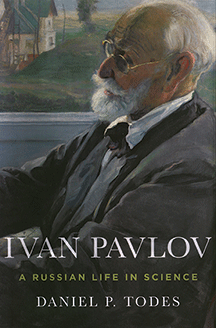

Much of the learning is by conditioning, Fear, anger and many such reactions are aroused by unnatural, irrelevant or unusual stimuli. It is established when repeatedly the recess bell is followed by some refreshments, meals or lunch during recess and bell and food, are associated in quick secession. This learning of watering of the mouth on hearing the bell is conditioned learning. But, it is the common experience that the ringing of the recess bell leads to watering of the mouth. We have watering of the mouth seeing a ‘Gulab Jamun’ or a child feels watering of the mouth when he sees or smells food and not by hearing a bell. For example, repeated exposure of the rat may gradually reduce the fear after it has been conditioned.Ĭonditioned learning actually means responding normally by a natural response to an unnatural situation or stimulus, when in actual fact the response is to be in the presence of the natural stimulus. The conditioned S-R becomes extinguished. When the same process is repeated again and again for a long time, after the conditioning has taken place, it produces adverse effects. For example, a child whose fear is conditioned to a white rat also begins to fear a rabbit, cotton wool, a white fur coat and other alike objects.

This is conditioned learning.Ĭonditioned learning is also accompanied by a generalization of the experience. This combination is repeated again and again and ultimately the learning of the “cue-stimulus” is established. In this the thing to be learnt is termed as, ‘cue stimulus,’ and this is then followed by a satisfying stimulus. This controlled learning is the conditioned learning. If we can control this anticipatory adjustment we can also control learning.

Unless this organic pattern takes place within, no real learning can appear. Thirdly, it determines “the mindset” or “organic pattern of readiness”. Secondly, it is the active desires that sets the goal and makes the organism strive. Importance of anticipatory adjustment is very great because, firstly, it is the foundation of all voluntary behaviour. It becomes complete when the object of hunger is obtained. For example, hunger function of the stomach etc., are the organic behaviour with a gap and so incomplete. According to this viewpoint learning is ‘formation of conditioned reflexes’ or “acquisition of involuntary anticipatory adjustment” or “a habit formation”, so that behaviour may become automatic.īy “anticipatory adjustment” he means “organic behaviour” which is “not complete” but “with a gap in the whole equilibrium pattern”. This is learning from the behavioristic viewpoint.


 0 kommentar(er)
0 kommentar(er)
